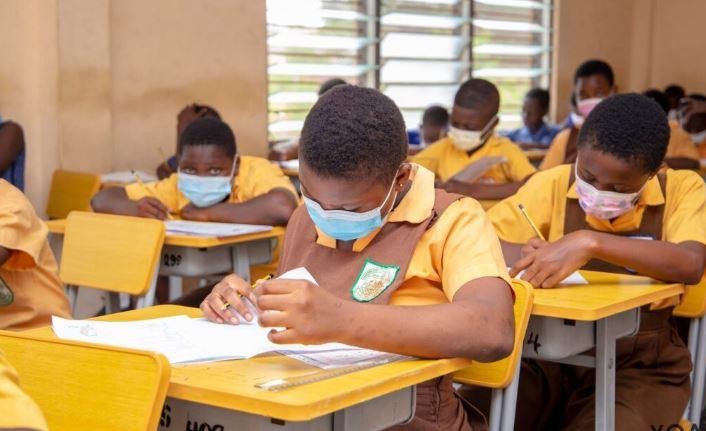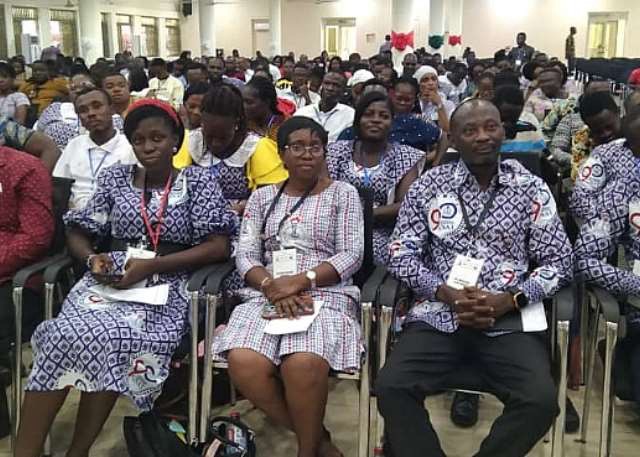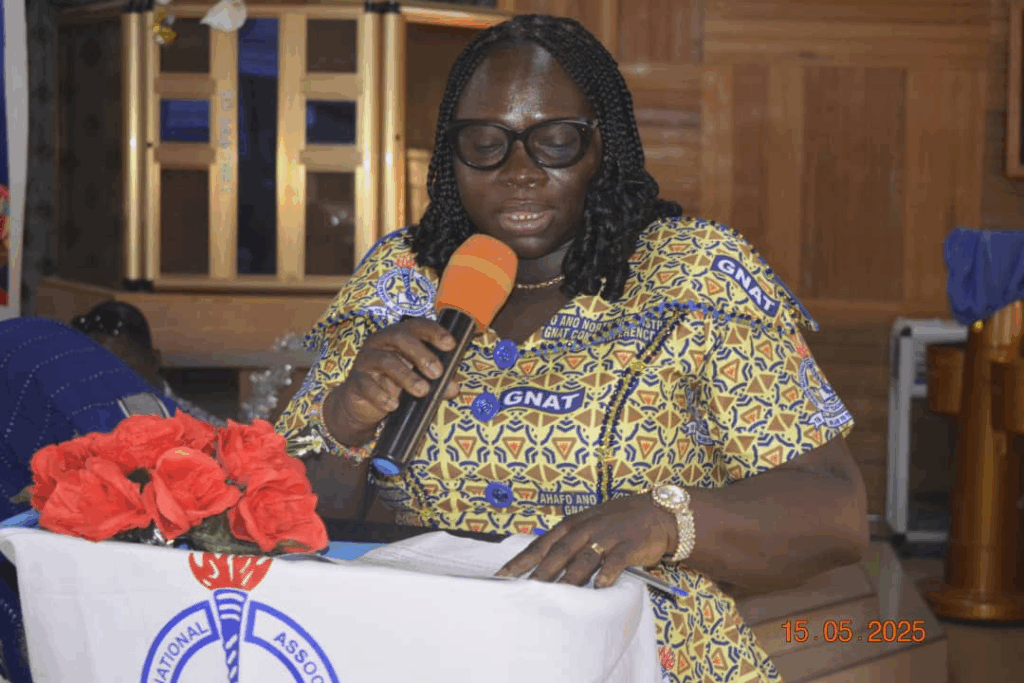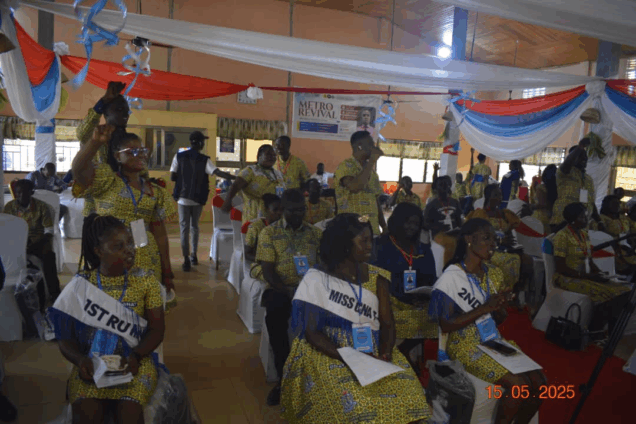Education stakeholders caution teachers against exam malpractices ahead of 2024 BECE

The Municipal Director of Education for Ahafo Ano North in the Ashanti Region, Mrs. Grace Oppong Agyapong, has issued a stern warning to teachers to refrain from any form of examination malpractice as the 2024 Basic Education Certificate Examination (BECE) draws near.
Speaking at the 7th Quadrennial District Delegates’ Conference of the Ghana National Association of Teachers (GNAT) in Tepa, where new district executives were elected, Mrs. Agyapong urged teachers to maintain the highest professional standards to protect the integrity of the teaching profession.
“You must desist from any form of examination malpractices to avoid falling foul to the law and its enforcement agencies,” she cautioned.
She stressed the importance of proper conduct to ensure that this year’s BECE is free from scandal or arrests.
Quoting an African proverb, she remarked:
“When the root is strong, the tree will flourish. By fortifying the foundation of our education system — our teachers — we guarantee a future of limitless potential.”

The Chief of Tepa Barniekrom, Nana Koensah Sasraku, also addressed the conference and raised serious concerns about unethical practices among some teachers and head teachers. He alleged that some school authorities were soliciting money from parents under the pretext of helping students pass their exams.
“Some of the head teachers and teachers call the parents and ask them to pay an amount for the exams, and some of the parents agree,” he said.
“If they think they have taught the children well, they wouldn’t be asking parents to pay money to help them pass.”
Nana Sasraku called on the Ghana Education Service (GES) and other relevant authorities to investigate and clamp down on this malpractice to restore trust in the education system.

The warnings come amid growing concern about examination malpractices in the country. In the 2023 BECE, the West African Examinations Council (WAEC) reported widespread irregularities, leading to the arrest of 18 invigilators and the cancellation of several candidates’ results.
- 377 school candidates and three private candidates had subject results cancelled for bringing foreign materials or engaging in collusion.
- The entire results of 41 school candidates and one private candidate were cancelled.
- Results of 33 school candidates and three private candidates were withheld pending further investigations.
- Candidates from 149 schools had their subject results scrutinized for irregularities.
In response, WAEC introduced stricter measures, including banning mobile phone use by supervisors. Despite these efforts, some invigilators breached regulations and attempted to assist candidates.

Educational policy analyst, Dr. Peter Anti-Partey, has advocated for tougher sanctions beyond arrests, including reporting offending teachers to the National Teaching Council (NTC) for the withdrawal of their licenses.
“WAEC should make an official complaint to the NTC so that their licenses would be withheld,” he said.
“Arrests alone do not deter misconduct due to weak outcomes from police investigations.”
As Ghana prepares for another round of national examinations, the calls from education officials, traditional leaders, and civil society actors are unified: uphold integrity in education.
Teachers, as custodians of knowledge and role models to the youth, are being reminded that their actions have long-term implications—not only for individual students but for the entire future of the nation.




